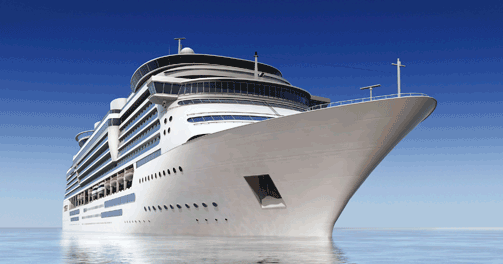
CRUISE SHIP ACCIDENTS
Cruise vacations can be wonderful experiences for passengers and for many Americans it has become a popular vacation choice. However, cruise passengers should be very careful and fully aware about their legal rights should they be injured. Most cruise lines attempt to limit the rights and remedies of aggrieved passengers through contract and maritime law.
Common cruise ship problems and issues resulting in the death and physical injuries of cruise passengers include:
● slips, trips, falls, and minor injuries;
● drownings and pool accidents;
● discharging shot gun shells,
● defective exercise equipment;
● diseases;
● rapes and sexual assaults;
● assaults by crew members and passengers;
● malpractice by ship’s doctor;
● fires;
● collisions and striking reefs;
● gastrointestinal disorders, seasickness and fear;
● heart attacks and other medical conditions;
● malfunctioning toilets;
● pool jumping;
● sliding down banisters;
● poorly designed bathrooms, bunk beds, passageways, and railings;
● open hatches;
● storms and hurricanes;
● spider and other insect bites;
● torture and hostage taking;
● being forced to abandon ship; and
● the intentional infliction of emotional distress.
TIME LIMITATIONS
States typically allow injured consumers at least two years in which to commence physical injury lawsuits and more for breach of contract claims. However, under Maritime law, cruise line companies are permitted to impose very short time limitations for the filing of claims and the commencement of lawsuits. For instance, physical injuries occurring on cruise vessels that touch U.S. ports, cruise passengers may be required to file a claim within six months and a lawsuit within one year of the injury. But in certain circumstances courts may decide not to enforce the one year time limitation because of a lack of notice, contractual fallacies, on shore accidents, and settlement fraud.
DISCLAIMER FOR ONBOARD ACCIDENTS
Cruise ships are generally considered to be common carriers and are thus held to a reasonable standard of care under the circumstances. However, passenger tickets usually contain clauses and language which attempt to eliminate liability for a variety of problems and injuries onboard the cruise ship. But under tort law principles, instances of gross negligence and intentional misconduct may not be eliminated by common carriers such cruise ships. In addition, some courts have held that disclaimers of simple negligence, particularly regarding the health and safety of the passengers, will not be enforced. Injured passengers should also be conscious of contractual language that contains forum selection clauses. Such clauses attempt to limit the jurisdictions in which a passenger can commence a lawsuit.
WHAT TO DO AFTER A CRUISE SHIP ACCIDENT:
(1) Retain your admission ticket and all documents in connection with your trip. This includes receipts, disclaimers, accident reports, journals and all documents provided to you by cruise line representatives and staff.
(2) Gather and preserve evidence. Take or retain all images and video in connection with your accident or complaint. Attempt to collect the names and contact information of any witnesses in connection with your accident or complaint. Keep track of the names of all cruise ship staff members who made contact with in connection with your accident or complaint.
(3) If possible, try not to speak with investigators or cruise ship representatives without first contacting a cruise ship accident attorney. This is especially the case, once you have arrived home and the cruise line is attempting to investigate the accident.
(4) Contact a Cruise Ship Accident attorney. Cruise ship accident cases are complex matters that require an analysis of contract, maritime, federal and tort law.
-
Client Testimonials
See What Our Clients Have
To Say -
The Goel Firm Blog
Personal Injury & Insurance
News and Discussion. -
Free case evaluation.
Let Us Review
Your Case
The Goel Firm P.C.
9440 S. Santa Monica Boulevard Suite 301
Beverly Hills, California 90210
T: 424 281 4377
F: 888 800 4598
info@goelfirm.com









